As a fledgling democracy, South Korea has undergone some turbulent presidencies.
Here are all the Korean presidents in chronological order including their accomplishments and controversies.
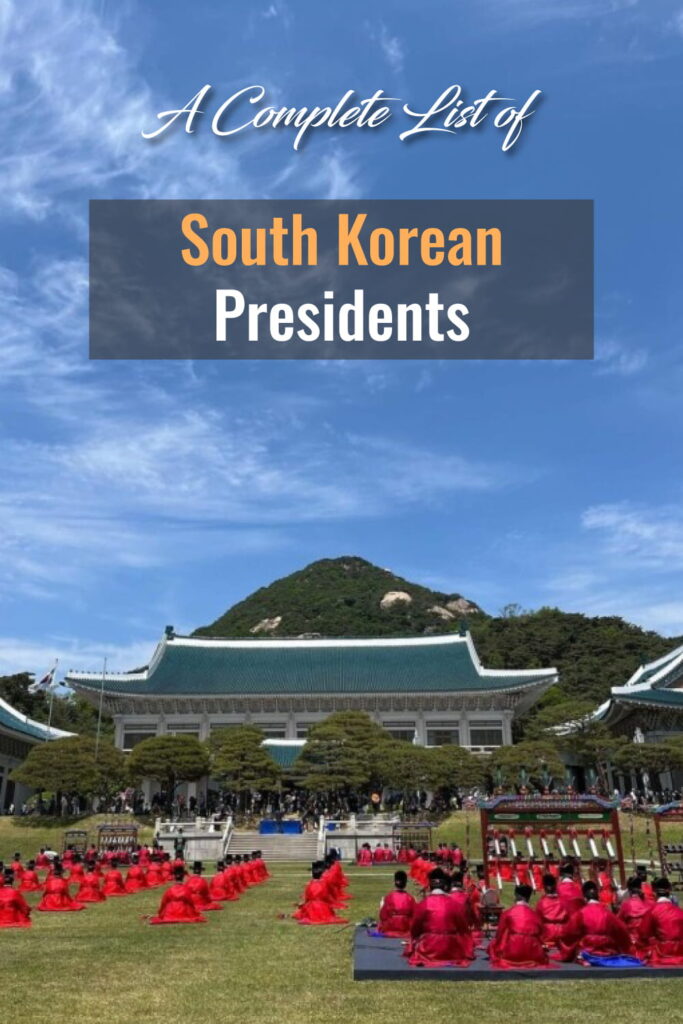
Biographical information for each president from Presidential Archives and Ministry of Culture, Sports and Tourism and Korean Culture and Information Service.
Koreans count the ordinal number of presidents according to number of terms served. When one is re-elected, their next term is considered the following presidency. The Korean method is used for the headings, and international method in the text.
The First Republic of Korea (1948-1960)
After the Joseon Dynasty ended and liberation from Japanese occupation, the President became the head of state and government for the first time in Korean history.
In 1952, presidential elections changed from indirect to direct elections.
The presidency was limited to two four-year terms.
1st-3rd President: Rhee Syng-man (이승만)
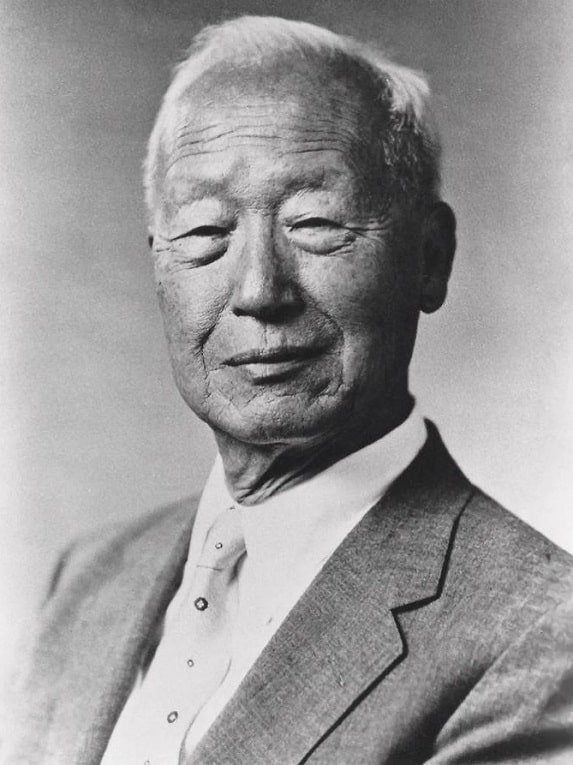
- Born: March 26, 1875, Pyongsan, North Korea
- Died: July 19, 1965, Honolulu, Hawaii, United States (aged 90)
- Presidential Term: July 1948 – April 1960 (for almost 12 years)
- The First Lady: Franziska Donner (Austrian)
Rhee Syng-man was elected the first President of the Republic of Korea, after leading independence movements against Japanese colonialism.
He was also president during the Korean War.
Rhee Syng-man was from an elite family, obtaining a Bachelor of Arts from George Washington University in 1907, Master of Arts from Harvard University in 1908, and Ph.D. from Princeton University in 1910. This was practically unheard of at the time given that most Koreans were subsistence farmers.
While running for his second term, Rhee declared martial law, imprisoned opposition members, and amended the constitution for direct elections. Under these circumstances, he won his second term.
Being president for two terms was not enough for him.
Rhee Syng-man made an exception for the first President (himself) to hold office for an indefinite time by abolishing term limits.
On top of that, Rhee rigged the election (March 15, 1960), causing the April Revolution (April 19, 1960).
After the revolution, Rhee Syng-man resigned, fled to the United States and died in Hawaii five years later.
Accomplishments:
- Established the Government of the Republic of Korea
- Granted equal voting rights in all elections to men and women over the age of 20
- Introduced market economy/capitalism (at the time of liberation, more than 70% of influential figures and the public were favorable to communism)
- Halted communism in South Korea
- Introduced liberal democracy (despite his dictatorship)
Controversies:
- Abandoned his principles of democracy and became a dictator
- Used political gangsters to oppress citizens and politicians who opposed his regime
- Massacred civilians from hundreds of thousands up to 1.13 million (including the Jeju Uprising)
- Rigged elections
The Second Republic of Korea (1960–1961)
Learning from Rhee Syng-man’s abuse of power, the Second Republic was established to be under a parliamentary system (cabinet and bicameral system).
The Prime Minister was the head of the government with actual political power and the President was the head of state as more of a figurehead.
The presidency was limited to two five-year terms.
4th President: Yun Po-sun (윤보선)
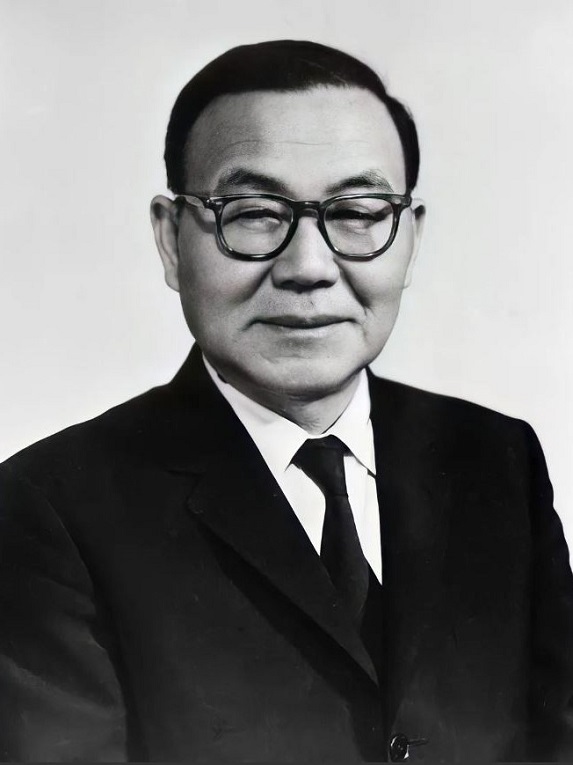
- Born: August 26, 1897, Asan-si, Chungcheongnam-do, South Korea
- Died: July 18, 1990, Seoul, South Korea (aged 93)
- Presidential Term: August 1960 – March 1962 (for 1 year and 7 months)
- The First Lady: Gong Deok-gwi
Yun Po-sun was technically the second President of the Republic of Korea.
He had the second shortest tenure as president, and yet lived the longest. He was an avid gardener.
Yun Po-sun was the youngest member of the Provisional Government of the Republic of Korea after the March 1st Movement, then studied in the United Kingdom, graduating with a Master of Arts from the University of Edinburgh in 1930.
He fought for democracy, but Yun was ousted by Park Chung-hee in 1961.
Accomplishments:
- Praised for his morality and democracy, actively engaging in democracy movements against the Park Chung-hee regime
- Never compromised with communism
- Was the first president from the Democratic Party
Controversies:
- Favored the Chun Doo-hwan regime in his later years
The Third Republic of Korea (1963–1972)
The President became the head of state and government, once again.
The presidency was limited to two four-year terms by secret ballot.
In 1969, three terms became possible.
The Fourth Republic of Korea (1972–1981)
The term of office was extended to 6 years, with no limits on re-election.
The Fourth Republic was governed under the Yushin Constitution.
5th-9th President: Park Chung-hee (박정희)
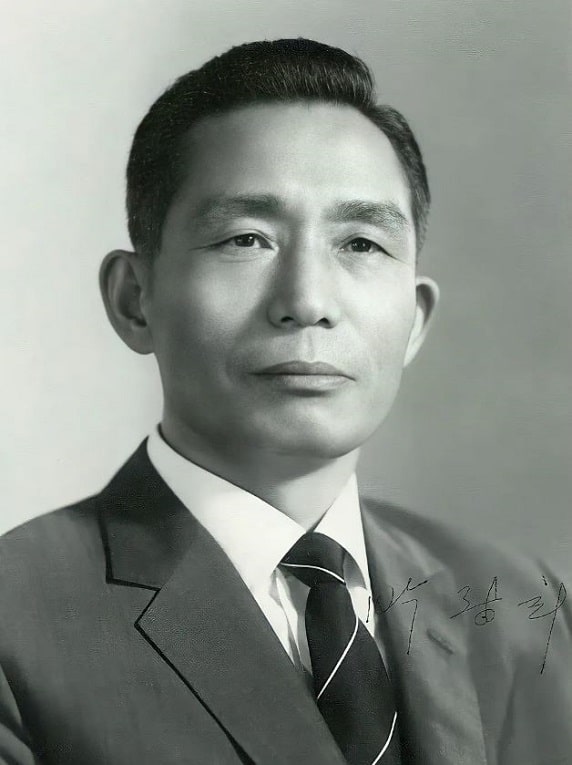
- Born: November 14, 1917, Gumi-si, Gyeongsangbuk-do, South Korea
- Assassinated: October 26, 1979, Seoul, South Korea (aged 62)
- Presidential Term: December 1963 – October 1979 (for 15 years 10 months)
- The First Lady: Yuk Young-soo
Park Chung-hee was elected the third President of Korea in 1963 after carrying out the May 16 military coup d’état in 1961.
He ruled the longest as president.
Park is the most beloved/respected or hated Korean president of all time.
His merits and shortcomings are clear. Park Chung-hee was a military dictator who is credited with achieving economic growth and building modern infrastructure.
He was assassinated by gunshot in 1979 by Kim Jae-gyu, the director of the Korean Central Intelligence Agency (KCIA). Kim Jae-gyu was arrested, tortured and later executed (hanged).
Accomplishments:
- Rebuilt Korea, which was seriously impoverished after the Japanese occupation and the Korean War
- Established administrative and social infrastructure, including foundation of the National Tax Service, introduction of VAT, enactment of welfare laws and social medical insurance among others
- Started reforestation project in South Korea, which was left barren after the war
- Built the Gyeongbu Expressway as part of the Five-Year Economic Development Plans
- Created the Saemaul Undong
- Developed the heavy chemical, automobile, shipbuilding and electronics industries, increasing Korea’s GDP 18 fold
- Reduced the absolute poverty rate to 1/6 and achieved food self-sufficiency
- Credited for the Miracle on the Han River
Controversies:
- Abduction and attempted murder of Kim Dae-jung (who later became President), who was against the Yushin Constitution, through the Korean CIA
- Restored dictatorship by establishing a de facto one-man ruling system with the Yushin
- Repressed democracy, freedom of speech, and the press
- Censored culture, by banning K-pop songs
- Violated human rights and fundamental rights
- Caused economic polarization and labor exploitation

10th President: Choi Kyu-hah (최규하)
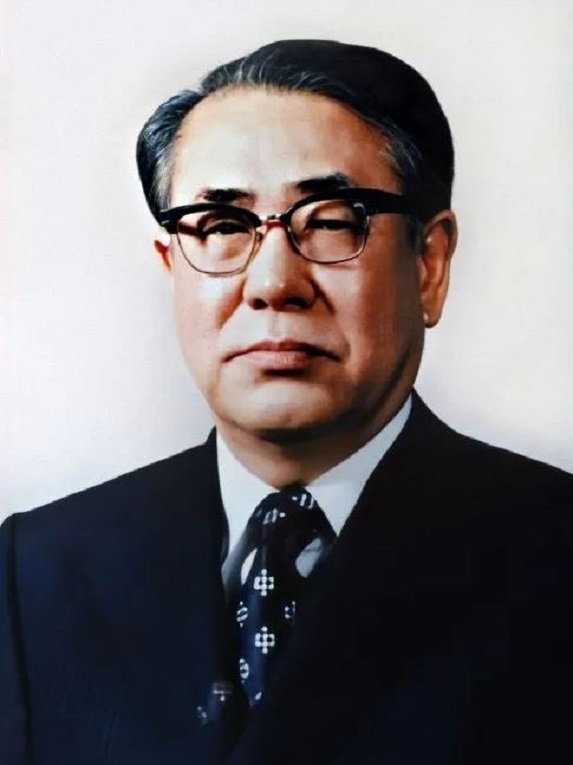
- Born: July 16, 1919, Wonju-si, Gangwon-do, South Korea
- Died: October 22, 2006, Seoul, South Korea (aged 87)
- Presidential Term: December 1979 – August 1980 (for 8 months)
- The First Lady: Hong Gi
Choi Kyu-hah was the fourth President of Korea.
He was the Prime Minister of the Park Chung-hee government, then served as the acting president after Park’s assassination, and was inaugurated as President.
Choi had the shortest term as president in Korean history, with only 8 months, due to the Coup d’état of December Twelfth led by Chun Doo-hwan.
He quietly spent the rest of his life and died of old age at Seoul National University Hospital on October 22, 2006.
Accomplishments:
- Had no political ambitions (he just enjoyed reading books)
Controversies:
- Showed no opposition to Chun Doo-hwan, despite having strong authority to take emergency measures under to the Yushin Constitution as acting president
The Fifth Republic of Korea (1981–1988)
The President was the head of state and government.
The presidency was intended to be one seven-year term.
11th-12th President: Chun Doo-hwan (전두환)
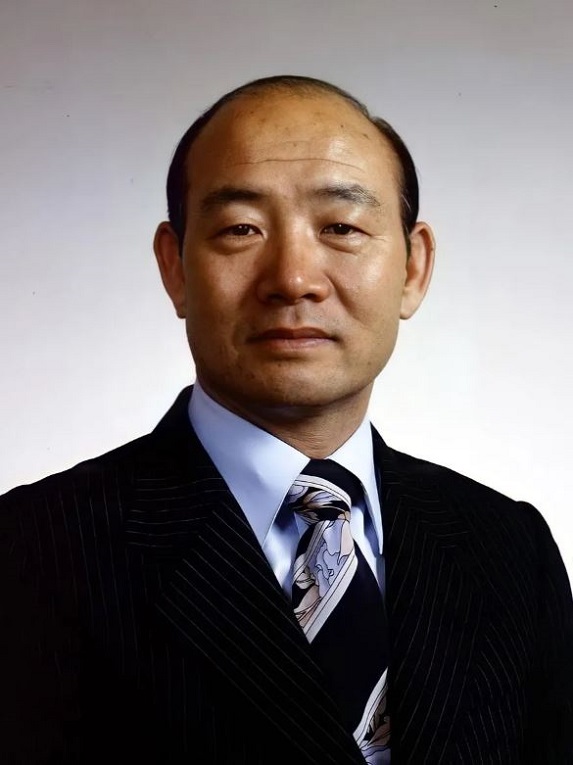
- Born: January 18, 1931, Hapcheon-gun, Gyeongsangnam-do, South Korea
- Died: November 23, 2021, Seoul, South Korea (aged 90)
- Presidential Term: August 1980 – February 1988 (for 7 years and 5 months)
- The First Lady: Lee Soon-ja
Chun Doo-hwan was the fifth President of Korea, and presided over what is known as the “lost 7 years”.
Chun seized power by military coup, and never won a fair presidential election (winning 90.11% of the vote in a rigged election).
He was responsible for numerous massacres, including the Gwangju Uprising, which resulted in 165 immediate deaths, 113 deaths from injuries, 2,500 injuries, and 78 missing according to official statistics. Chun Doo-hwan was forced to resign as a result of the June Democratic Struggle.
After leaving office, Chun Doo-hwan was arrested and indicted together with Roh Tae-woo in 1995. He was sentenced to death for crimes of insurrection, murder, and bribery; but later was granted life imprisonment after an appeal. Chun was pardoned in 1997 after being imprisoned for 2 years and 19 days.
He was diagnosed with multiple myeloma in 2021, and died at his home in Yeonhui-dong, Seoul at the age of 90.
Accomplishments:
- Abolished night-time curfew, which had been in effect for 37 years since Rhee Syng-man’s administration
- Liberalized middle/high school uniforms and hair lengths in 1982, and stopped cracking down on miniskirts for women and long hair for men
- Developed sports, including professional soccer, baseball and ssireum (Korean wrestling) as part of his 3S (Screen, Sports, Sex) policy
- First introduced the concept of the right to pursue happiness
Controversies:
- Brutally suppressed opposing parties during a coup
- Mobilized the army and ordered them to open fire on civilians, including children, during the Gwangju Uprising (May 18, 1980)
- Created Samchung Reeducation Camp (the South Korean version of political prison camp) to suppress the human rights of innocent people
- Wrongfully imprisoned and killed civilians by falsely accusing them of espionage (numerous suspicious deaths during his term)
- Embezzled national treasury and forced companies to contribute funds, creating a slush fund worth hundreds of billions of dollars
The Sixth Republic of Korea (1988–Present)
The President is the head of state and government, elected by the anonymous vote of the people.
The presidency is five years with NO possibility of re-election.
13th President: Roh Tae-woo (노태우)
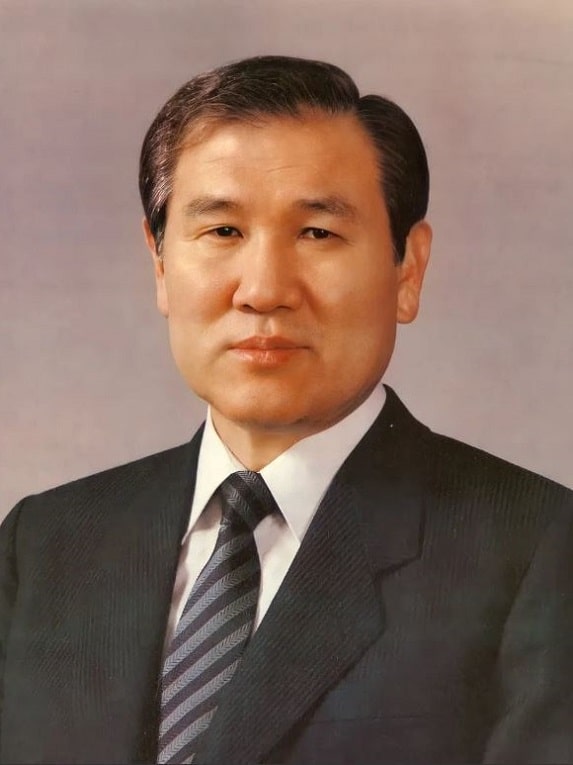
- Born: December 4, 1932, Daegu, South Korea
- Died: October 26, 2021, Seoul, South Korea (aged 89)
- Presidential Term: February 1988 – February 1993 (for 5 years)
- The First Lady: Kim Ok-suk
Roh Tae-woo was the sixth President of Korea, and the first democratically elected president under the slogan “a great era of ordinary people”.
Roh was an army general, who led a coup with Chun Doo-hwan. Then, he became a politician once Chun took power.
After retirement, he was arrested and indicted with Chun Doo-hwan in 1995. He was sentenced to 17 years in prison on April 17, 1997 for accepting bribes.
His jail time was rather short (2 years and 1 month) as he was pardoned by then President Kim Young-sam on December 22, 1997.
His benefits as a former President were revoked.
Love-Hate Relationship with Chun Doo-hwan
Roh Tae-woo was inseparable from Chun Doo-hwan for most of their lives. He had been his partner ever since their military days. However, they had a falling out when Roh became president.
From Chun Doo-hwan’s point of view, he thought he made Roh Tae-woo president, but was very upset that Roh didn’t listen to him once he took power.
On the other hand, Roh Tae-woo believed that he became president fair and square through the direct election system and was quite displeased at being associated with Chun Doo-hwan, who never won a fair election.
Roh Tae-woo sent Chun Doo-hwan to Baekdamsa Temple as political exile after taking office. Roh distanced himself from Chun and never met him during his term.
They met again later in matching prison uniforms while standing trial together!
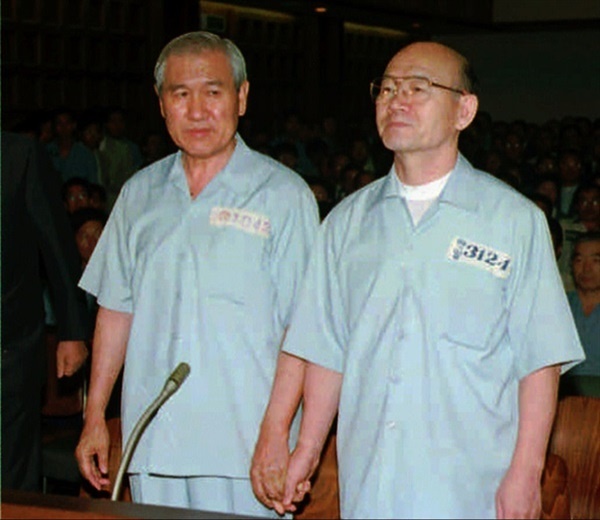
Accomplishments:
- Issued the June 29 Declaration
- Dismissed former military personnel, and reinstated opposition figures banned from political activities
- Guaranteed freedom of speech, including satire of politicians
- Signed the Inter-Korean Basic Agreement, and declared the denuclearization of the Korean Peninsula in line with the global détente
- Successfully hosted the 1988 Seoul Olympics
- Built infrastructure, including construction of Incheon Airport and KTX starting in 1992
- Decreased the number of drug offenders and gangsters
Controversies:
- Embezzled money, with the official estimate being 262.8 billion won (198,077,274 dollars)
- Tried to cover up large-scale environmental pollution problems, including the tap water heavy metal contamination scandal in 1989
- Oppressed the people to the extent that some argue it was another dictatorship

14th President: Kim Young-sam (김영삼)
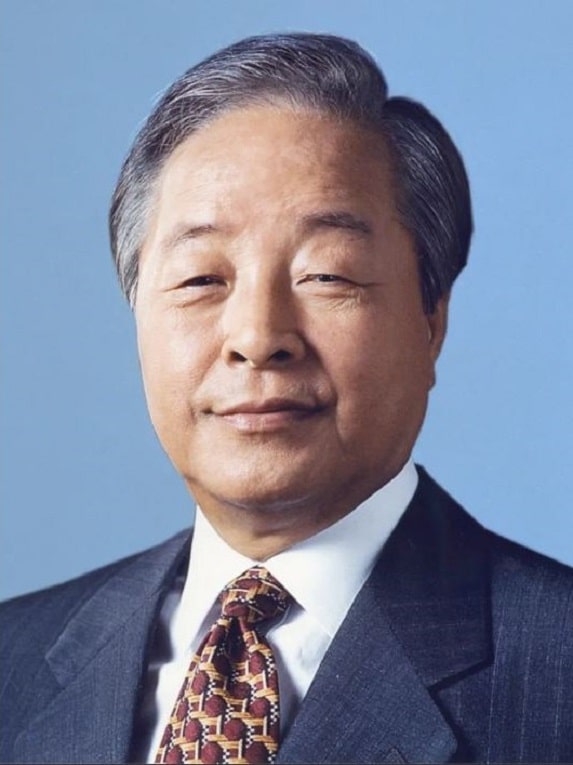
- Born: December 20, 1927, Geojedo, Geoje-si, Gyeongsangnam-do, South Korea
- Died: November 22, 2015, Seoul, South Korea (aged 87)
- Presidential Term: February 1993 – February 1998 (for 5 years)
- The First Lady: Son Myung-soon
Kim Young-sam was the seventh President of South Korea.
He launched the Civilian Government, meaning one comprised of ordinary citizens, not military personnel.
Before he became president, Kim served a record 9 terms as a member of the National Assembly from 1954.
Kim Young-sam was president during the IMF Financial Crisis in 1997.
Accomplishments:
- Eradicated political soldiers of Hanahoe (secret society of military officers headed by Chun Doo-hwan and Roh Tae-woo supported by Park Chung-hee) to prevent a future military coup
- Started financial transaction system that required real names to open bank accounts, making a lot of black money disappear
- Demolished the Japanese General Government Building, which received the most favorable response from every Korean, regardless of political affiliation
Controversies:
- Pardoned Chun Doo-hwan and Roh Tae-woo in 1997
- Was unable to avoid the corruption of his close associates and relatives, including his second son, who had no official title, who intervened in state affairs (although Kim Young-sam himself is considered clean)
- Blamed for the IMF Financial Crisis, only three months before his retirement, which is why Kim is evaluated poorly despite his many achievements
15th President: Kim Dae-jung (김대중)
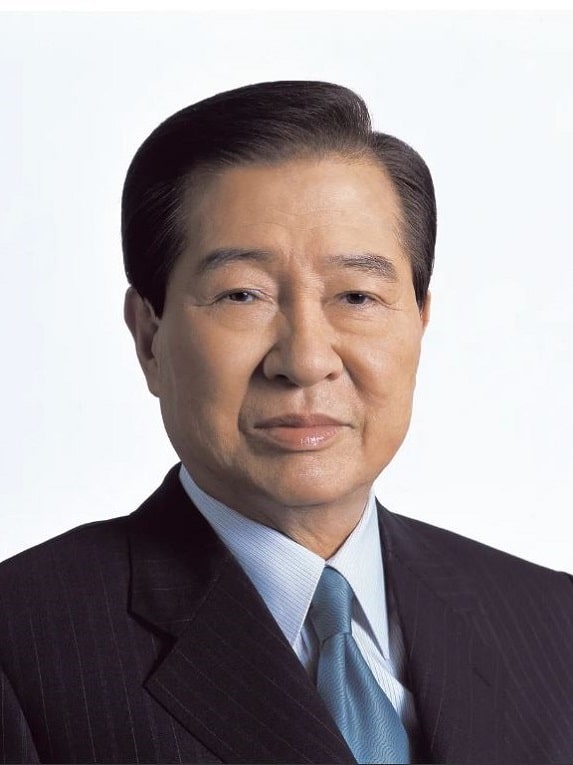
- Born: January 6, 1924, Sinan-gun, Jeollanam-do, South Korea
- Died: August 18, 2009, Seoul, South Korea (aged 85)
- Presidential Term: February 1998 – February 2003 (for 5 years)
- The First Lady: Lee Hee-ho
Kim Dae-jung was the eighth President of South Korea.
He was the first president from Jeolla Province, which was historically underrepresented in the government.
Kim protested against Park Chung-hee’s military regime abroad, then he was abducted back to Korea and suffered house arrest and imprisonment.
After taking office as president, he launched the Government of the People, and tried to overcome the IMF financial crisis.
Accomplishments:
- Overcame the worst financial crisis rapidly through drastic measures
- Supplied high-speed internet (broadband), advanced IT, and supported software companies
- Developed Korean pop culture
- Strengthened the ROK-US alliance and normalized Korea-Japan relations
Controversies:
- Granted the most pardons in the history of South Korea
- Created the “Republic of -Gate”, with all kinds of corruption and gates (political scandals)
16th President: Roh Moo-hyun (노무현)
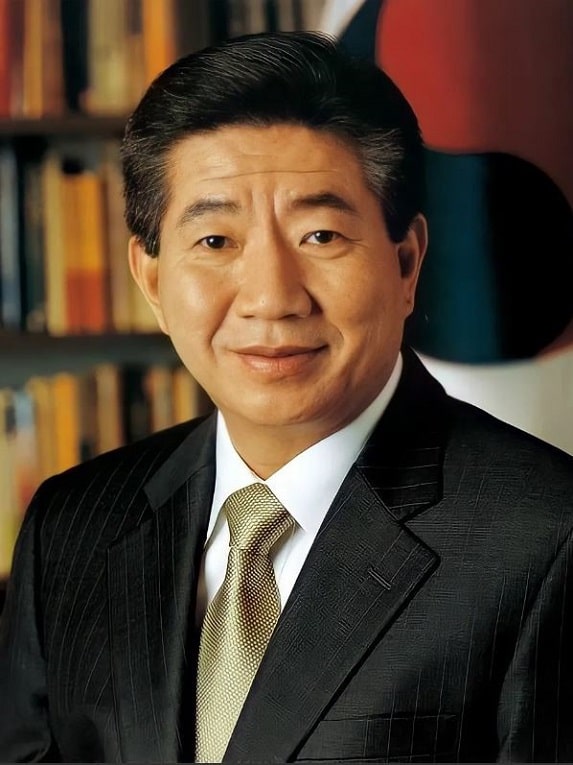
- Born: September 1, 1946, Gimhae-si, Gyeongsangnam-do, South Korea
- Died: May 23, 2009, Pusan National University Yangsan Hospital (aged 63)
- Presidential Term: February 2003 – February 2008 (for 5 years)
- The First Lady: Kwon Yang-sook
Roh Moo-hyun was a former human rights lawyer and the ninth President of South Korea, running what he called the “Participatory Government”.
He was the first Korean president to be impeached while in office with his presidential authority suspended. The Constitutional Court overruled the case, and he returned to his duties as president two months later, serving until February 24, 2008.
Roh Moo-hyun was also the first president in history to leave Seoul and return to his hometown, Bongha Village, after leaving office.
Sadly, Roh was also the first president to commit suicide (from Owl Rock on Bonghwasan Mountain in Gimhae on May 23, 2009), while being investigated due to the corruption of his relatives.
Accomplishments:
- Took a post-authoritarian approach
- Emphasized communication with the public
- Implemented decentralization policy, including the Sejong City Relocation Project
- Tried to reform conglomerates through a securities-related class action system
- Uncovered the truth about the Jeju Uprising and officially apologized as a nation for the first time
Controversies:
- Failed with real estate and welfare policies, collapsing the economy and widening the income gap
- Affected by numerous corruption cases involving relatives and close associates, despite morality being his main slogan
- Worsened Korea-US relations
- Continued the ineffective Sunshine Policy
- Abolished the open bar exam and introduced the American law school system, preventing the disadvantaged from pursuing legal careers
If you are having thoughts of suicide, call or text 988 to reach the 988 Suicide and Crisis Lifeline or go to SpeakingOfSuicide.com/resources for a list of additional resources. Go here for resources outside the United States.

17th President: Lee Myung-bak (이명박)
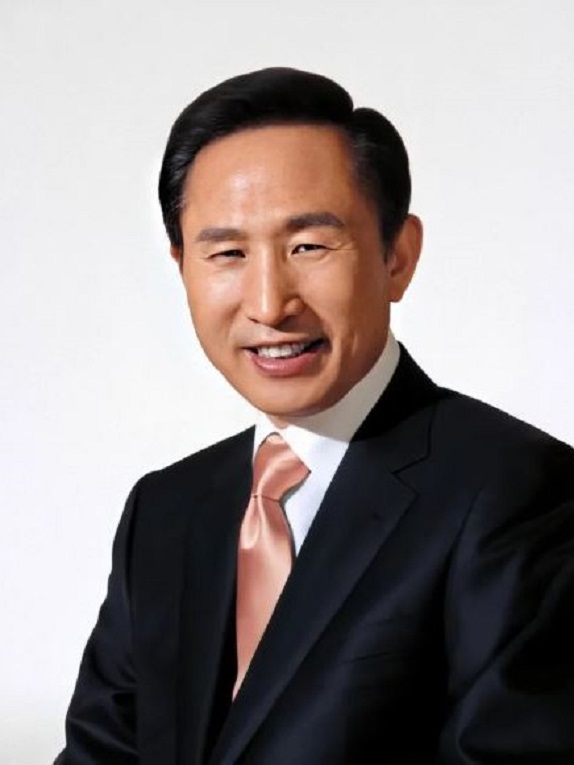
- Born: December 19, 1941, Osaka, Japan (age 81 years)
- Presidential Term: February, 2008 – February, 2013 (for 5 years)
- The First Lady: Kim Yoon-ok
Lee Myung-bak was the tenth President of South Korea.
Born in Osaka City before the establishment of the Republic of Korea, he grew up in Pohang City, Gyeongsangbuk-do after liberation.
Lee Myung-bak graduated from the Department of Business Administration at Korea University in 1965 and began his career at Hyundai Engineering & Construction as an employee.
He continued to rise through the ranks at light speed, and became CEO in 12 years, becoming the legend of salarymen.
Lee entered politics in 1992 and was elected mayor of Seoul in 2002. During his tenure as Seoul Mayor, he implemented policies such as Hi Seoul branding, Cheonggyecheon restoration project, and reorganization of Seoul’s public transportation system.
Lee Myung-bak was the fourth former president to be arrested in March 2018, being sentenced to 17 years in prison on charges of embezzlement and bribery.
After being imprisoned for 3 years and 9 months, he was released on bail in March 2019 under the condition of being prohibited from going out or contacting outsiders.
Accomplishments:
- Became the first president in history to visit Dokdo
- Strengthened national defense by extending missile range to 800km
- Helped achieve 1 trillion dollars in trade (export and import), becoming the 9th country in the world to do so
- Expanded free trade economic territory to the third largest in the world through the Korea-EU FTA and the Korea-US FTA
- Strengthened global position as a nuclear power exporter
- Made Korea’s unemployment rate the lowest among OECD countries
- Successfully conducted Operation Dawn of Gulf of Aden
- Implemented a transfer system for public transportation
Controversies:
- Granted special pardons for corrupt politicians and close associates
- Presided over the worst corruption in the defense industry by far
- Wasted foreign exchange reserves and instituted a failed exchange rate policy in 2008
- Caused insolvency of public enterprises
- Initiated labor oppression and pro-jaebeol policies
- Reduced universal welfare
18th President: Park Geun-hye (박근혜)
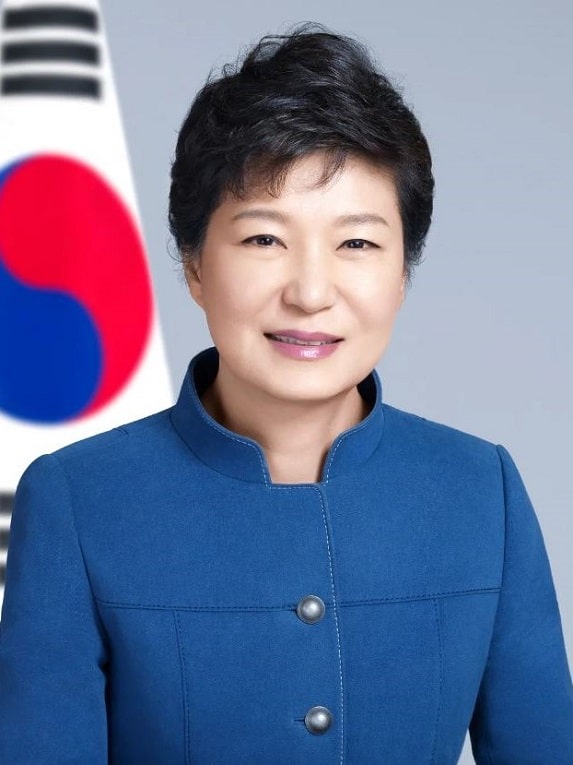
- Born: February 2, 1952, Daegu, South Korea (age 71 years)
- Presidential Term: February 2013 – March 2017 (for 4 years)
Park Geun-hye was elected the eleventh President of South Korea.
She was the first female head of state in South Korea. The first on the Peninsula in 1,116 years since Queen Jinseong.
Park Geun-hye lives an interesting, yet tragic life.
As the daughter of former President Park Chung-hee and First Lady Yuk Young-soo, she started living at the Blue House at the age of 12 when her father became president.
She graduated from the Department of Electronic Engineering at Sogang University in 1974 and went to study in France to become an educator.
When her mother, First Lady Yuk Young-soo was assassinated by Moon Se-gwang, a Korean-Japanese spy under orders from North Korea, she gave up her dream of becoming an educator and took on the role of first lady in place of her mother.
When her father, former President Park Chung-hee was also assassinated in 1979, she moved out of the Blue House and disappeared from the public eye.
18 years later in 1997, following the IMF crisis, she joined the Grand National Party in support of Lee Hoi-chang. She was elected to serve as a member of the 15th-19th National Assembly in Daegu.
Park eventually became president, but was impeached due to the Park Geun-hye–Choi Soon-sil Scandal in 2016, with her duties as president suspended.
On March 10, 2017, she resigned without completing her term of office following the Constitutional Court’s decision to remove her.
Park Geun-hye has been imprisoned for the longest period (4 years and 9 months) among former South Korean presidents. She received a special pardon and was released in December 2021.
Accomplishments:
- Conducted the largest Dokdo defense exercise in history
- Signed Korea-Japan GSOMIA
- Withdrew from the Kaesong Industrial Complex
- Normalized driver’s license tests
- Covered teeth cleaning (scaling) under National Health Insurance
- Began survey of children with long-term absences
- Created Culture Day, the last Wednesday of every month when discounts for movies, performances, and cultural properties are given
Controversies:
- Had the biggest political scandal of being impeached and dismissed
- Caused a retreat from democracy
- Presided over a clumsy handover to the next government
- Associated with corruption of relatives, sister and close associates
19th President: Moon Jae-in (문재인)
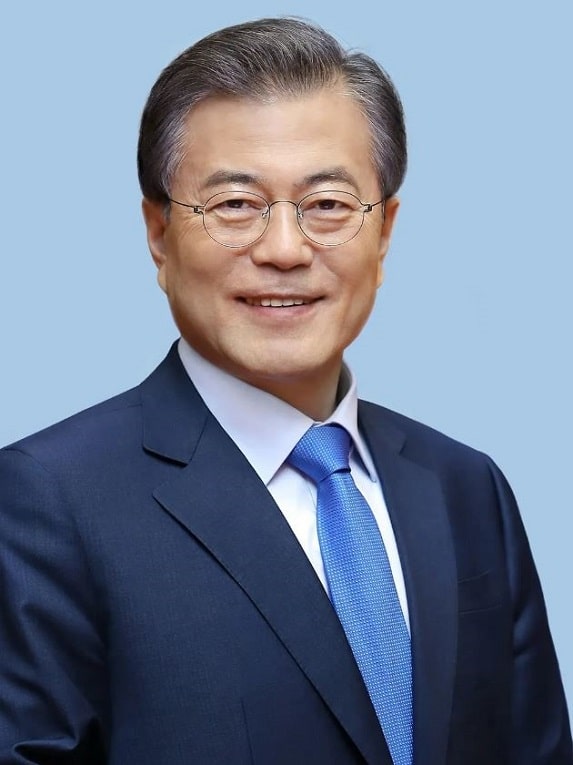
- Born: January 24, 1953, Geoje-si, Gyeongsangnam-do, South Korea (age 70 years)
- Presidential Term: May 2017 – May 2022 (for 5 years)
- The First Lady: Kim Jung-sook
Moon Jae-in was the twelfth President of South Korea.
He was defeated by Park Geun-hye in the 18th presidential election in 2012, but ran again in the early presidential election held after the impeachment of Park Geun-hye in 2017. He was elected president by the largest margin of votes in history.
Moon is so far the only president who had no criminal charges filed against himself, his immediate family, or any of his relatives.
After leaving office, Moon Jae-in retired in Yangsan and opened a bookstore.
Accomplishments:
- Signed currency swap agreements with major countries, including Switzerland, to amass a large amount of foreign exchange reserves
- Began aircraft carrier development
- Improved military welfare
- Reconstructed the shipping industry
- Rapidly grew Korea’s export scale from 17th (2006) to 6th in the world (2020) in the international defense market
- Improved transparency of the assets of high-ranking public officials
Controversies:
- Instituted a failed real estate policy, doubling the average apartment price in Seoul to over 1.2 billion won (900,000 dollars)
- Intensified gender conflict
- Enabled the Cho Kuk scandal
- Repeatedly blamed and shifted responsibility to the previous administration
- Increased tax burden on citizens through frequent tax law revisions
- Worsened drug crimes by reducing the prosecutor’s office drug crime department
- Presided over the worst rich-poor gap in 10 years
- Created a third of the government debt of the last 70 years in just 5 years during his term
- Caused a Korea-Japan trade dispute
- Signed a currency swap agreement worth approximately $2 billion with Turkey for Lira in 2021
- Abandoned his 3 Pungsan dogs (he received 2 from Kim Jong Un), because the government refused to pay $1,888/month for his pets on top of his $10,573 pension/month (they were sent to Uchi Park Zoo, Gwangju)
20th President: Yoon Suk-yeol (윤석열)
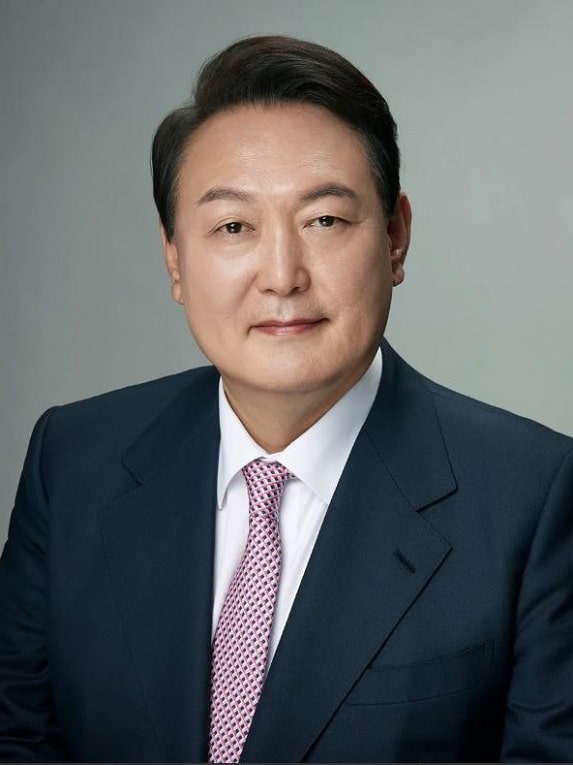
- Born: December 18, 1960, Seoul, South Korea (age 62 years)
- Presidential Term: May 10, 2022 –
- The First Lady: Kim Keon-hee
Yoon Suk-yeol was inaugurated as the thirteenth President of the Republic of Korea on May 10, 2022, and is scheduled to serve until May 9, 2027, or as we say in Korea, 5 years or less.
He obtained a BA and MA in Law at Seoul National University, passed the bar exam in 1991, and was appointed as a prosecutor in 1994, then Prosecutor General in 2019.
After resigning from the Prosecutor General’s Office in March 2021, he entered politics in June 2021.
Yoon won the presidential election his first time running for elected office.
Yoon Suk-yeol is the first president from Seoul, the first president with a prosecutor background, and the first president to use an iPhone.
※ His accomplishments and controversies will be updated at the conclusion of his term.
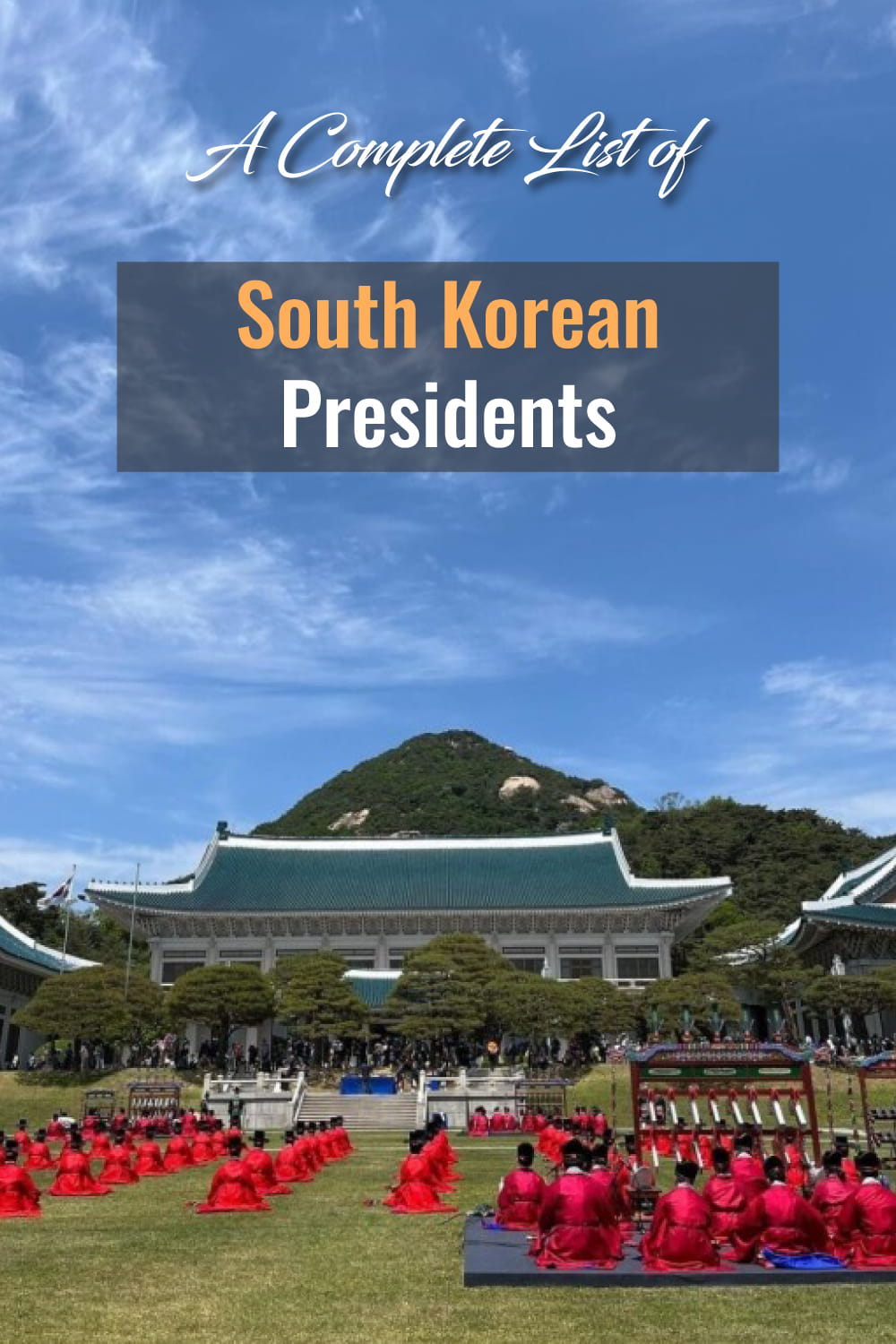
Wonderful work! I wish it was easier to google though. Also, perhaps you could offer it as a downloadable file to be printed out for students of Korean studies.
Hi Elena, thank you for reading. ^^
That’s a good idea!